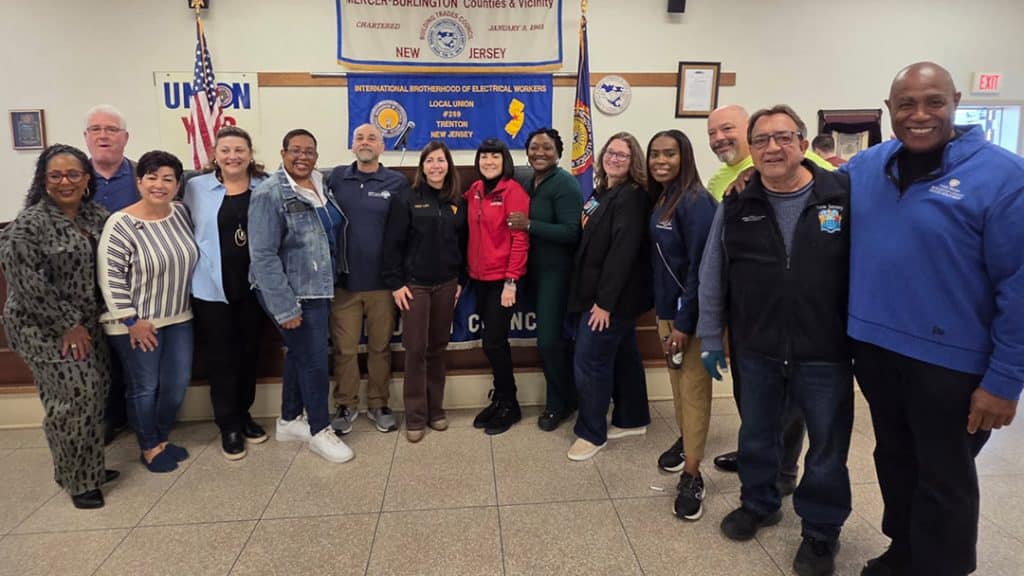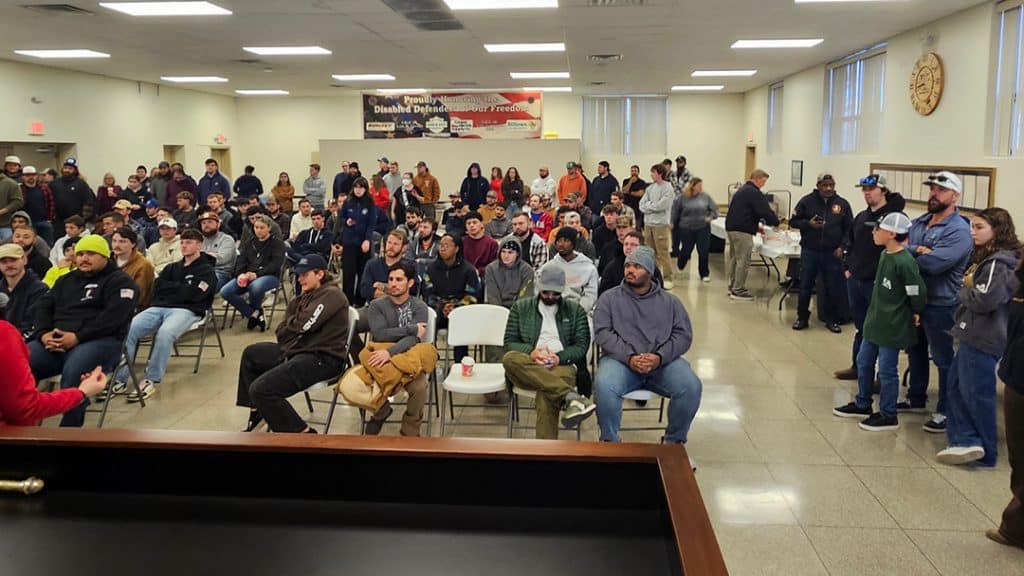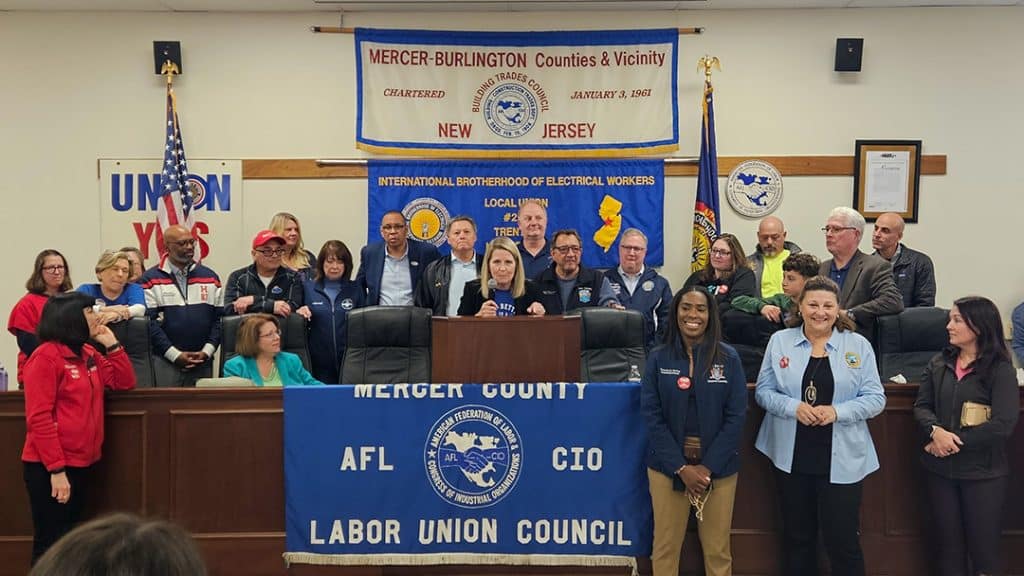2025 Layoffs Break Records for Non-union Workers
Brothers and Sisters,
It’s a simple fact: unions provide stability in an economy where predictability is rare.
Non-union workers suffer in many industries, but conditions are especially harsh in the technology sector. Workers are seen as expendable, and with a continuous supply of hungry computer science graduates, burnout (both physical and mental) is a normal operating procedure. We’re no strangers to this kind of grind, but we have something they don’t: Solidarity.
Most white-collar workers have come to expect mergers and mass layoffs, with little thought given by their leaders to the actual humans who make these companies run. They work with an understanding that they could find the door slammed in their face faster than they can pack up their desk.
One of the most well-known mass layoffs in the technology industry (and, in fact, record-breaking at the time) happened in 2002. Hewlett-Packard Co. (HP) announced that it would cut thousands of jobs as part of its acquisition of Compaq Computer Corp, a merger that promised to “boost efficiencies” AKA Precision Scheduled Manufacturing.
In total, more than 17,000 workers lost their livelihoods in an instant.
It was a lose-lose situation: employees, seen as disposable, were put on the chopping block while the merger failed to meet its lofty, promised goals.
Without local representation or the protections provided by a union contract to safeguard their interests, these workers were ultimately lost to the footnotes of history.
More than 20 years later, this kind of move has become a standard procedure for many firms who need to clean up their financial forecasts, whether in finance, advertising or manufacturing, from Meta to Boeing to Verizon and beyond.
The unmentioned but common denominator? These are almost always non-union workers who lack the benefits and job protections that are a well-known hallmark of union membership.
Jobs that from the outside might be seen as flashy, cushy, or status-bearing usually carry little-to-no insulation from things like mass layoffs and at-will employment, where you can be fired without notice for any (or no) reason. As a result, more than 1 million workers lost their jobs without cause in 2025.
A union and a union contract are game changers.
In September, SMART-TD announced a landmark agreement with Union Pacific that puts a promise in writing: our members working in train and yardmaster service will have job protection for the length of their careers following the carrier’s merger with Norfolk Southern, subject to the usual requirements for continued employment.
This is an unprecedented guarantee in the history of American railroading that underscores the importance of belonging to a union and why having a voice in the workplace is critical.
When the agreement was announced, we didn’t mince words: the biggest railroad and biggest rail union in America were breaking new ground that protects jobs, families, and the future of the U.S. supply chain.
Or take our brothers and sisters at the Port Terminal Railroad Association.
A disturbing pattern emerged over the past several years indicating ongoing disregard for union agreements, safety obligations, and basic respect for the workforce at that railroad.
We fought for our Yardmasters and PTRA management got our message: this behavior will not be tolerated and will stop now.
What’s been most notable, however, is the solidarity between crafts on the property.
Although represented by several different unions, Yardmasters, engineers, conductors, and maintenance workers have proven that unity and solidarity are the best protections against intimidation.
That’s the union difference at work.
We aren’t disposable: as a member of a union your brothers and sisters are there to protect and fight for one another, to lend a hand when one is needed, and to show our strength when management decides to overlook that we are human beings. We are not line-items in a financial report, and they owe us their respect.
Like all families, unions are far from perfect. No organization is without flaws. But when the going gets tough, we get tougher. This determination is what ensures we don’t become another statistic in an article about the latest 10,000-head layoff.
Instead we have a voice at work, and have legal protections from mistreatment. We’ve got each other’s backs; from the day you receive your union card until it’s time to retire.
That’s the value of being in a union, and why we fight to protect our SMART-TD family.
In solidarity,

Jeremy Ferguson
President, SMART Transportation Division





